Ant Problem | Solve Your Ant Problem Today: Quick Tips & Tricks

Ants, especially odorous house ants, can quickly become a nuisance in your home. They invade your kitchen, pantry, and other areas in search of food and water. Additionally, carpenter ants can cause structural damage to your property. It's essential to address the root cause of the infestation rather than relying solely on ant poison.
In the following sections, we'll cover how to identify an ant problem and apply indoor and outdoor treatments. We'll also discuss why ants come inside and when it's best to seek professional help. By following our advice, you'll be well-equipped to solve your ant problem.
Key Takeaways:
- To effectively get rid of ants, it's crucial to address the root cause of the infestation.
- Ant baits and non-repellent sprays are great indoor treatment options.
- Outdoor treatments involve using ant baits and sprays around your yard and home perimeter.
- Natural ant repellents like diatomaceous earth and borax can also be effective.
- If DIY methods don't work, consider contacting a professional for proper identification and treatment.
How to Identify an Ant Problem and Apply Indoor and Outdoor Treatments
Ants are pesky invaders that can quickly turn into an ant infestation if not addressed promptly. It's important to identify an ant problem early and take appropriate measures to control it. Here are some tips on how to identify an ant problem and apply indoor and outdoor treatments.
Ant Identification
First and foremost, it's crucial to properly identify the type of ants you're dealing with. Ants and termites can look similar, but their treatment methods differ. If you're unsure about the type of ants in your home, consider consulting a professional pest control service for accurate identification.
Indoor Treatments
To control ants indoors, use ant baits strategically placed in areas of ant activity. Ant baits are designed to attract ants and carry the poisoned bait back to their colony, effectively eliminating the entire ant population. Additionally, non-repellent sprays can be used in crevices and openings where ants enter your home. These sprays are designed to be undetectable by ants, allowing them to carry the spray back to their nest and eliminate the infestation.
Remember to place ant baits and use sprays in areas where children and pets cannot access them. Follow the instructions provided by the product manufacturer for optimal results.
Outdoor Treatments
Controlling ants outdoors involves targeting their nests and preventing them from accessing your home. Use ant baits and non-repellent sprays around the yard, focusing on areas where ants are commonly found. Place ant baits near ant trails and potential entry points, such as cracks in your home's foundation or gaps in windows and doors. Non-repellent sprays can be applied along the perimeter of your house to create a barrier that ants cannot cross.
It's important to reapply outdoor treatments regularly, especially after rainfall or heavy watering, as they may wash away or lose their effectiveness over time.
Natural Ant Treatments and Preventative Maintenance
If you prefer natural ant control methods or want to complement chemical treatments with natural alternatives, there are several options available. Diatomaceous earth, borax, and food-based repellents can help repel ants and disrupt their pheromone trails. These natural treatments can be applied strategically around the house to deter ants from entering.
Additionally, practicing good hygiene and preventative measures can go a long way in ant infestation control. Keep your home clean and free of food debris, seal cracks and openings, and eliminate standing water sources that may attract ants.

By identifying an ant problem early and applying the appropriate indoor and outdoor treatments, you can effectively control ant infestations in your home. Whether you choose ant baits, sprays, natural remedies, or a combination of methods, remember to practice preventative maintenance to ensure long-term ant control.
Why Do Ants Come Inside and When to Call a Professional
Ants can be persistent invaders in our homes, seeking food and water sources, especially in areas like the kitchen and bathroom. While DIY methods using vinegar, essential oils, cayenne pepper, lemon juice, or coffee grounds can offer temporary relief by repelling ants, they may not fully eliminate the ant problem. Results may vary, and sometimes, you need to call in the professionals for effective ant infestation control.
Professional ant extermination experts have the knowledge and experience to properly identify the ant species and design a targeted treatment strategy. When you contact a professional, they will visit your property and conduct a thorough assessment, inspecting the premises to determine the extent of the infestation. By identifying the specific ant species, they can implement a tailored treatment plan to eliminate the ants.
It's important to remember that different ant species require different treatment methods. A professional can determine the most effective approach based on the type of ants present in your home. Additionally, ant infestations may require multiple treatments to completely eradicate the problem. Therefore, if you find that your ant problem persists despite your DIY efforts, it's time to seek assistance from a professional ant exterminator for long-lasting and reliable results.
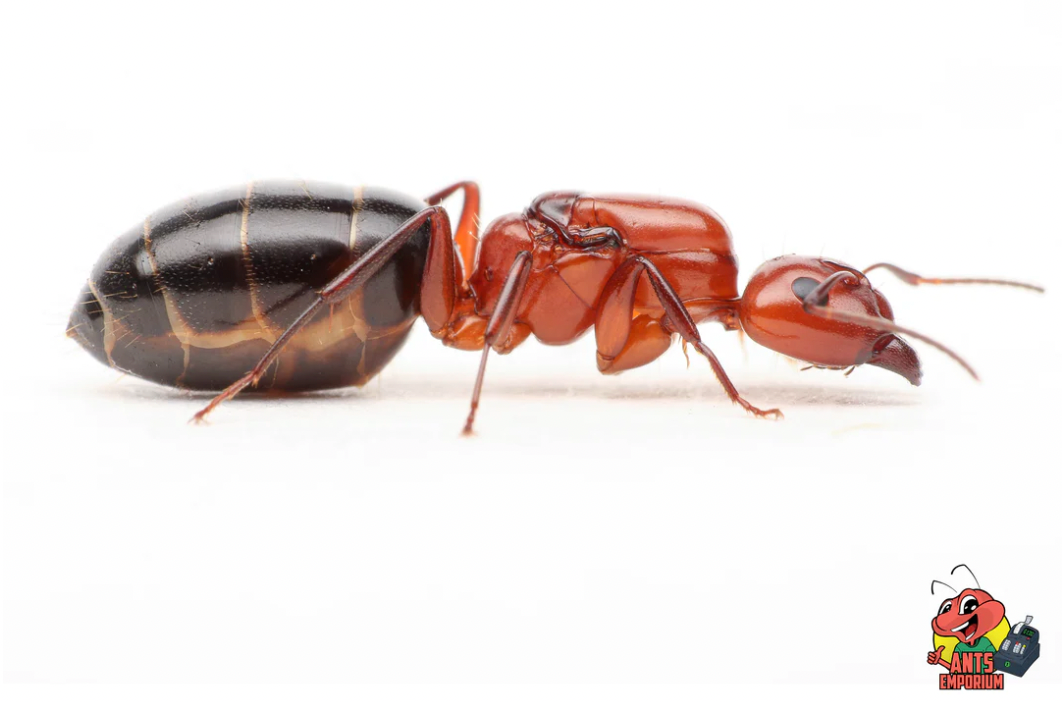
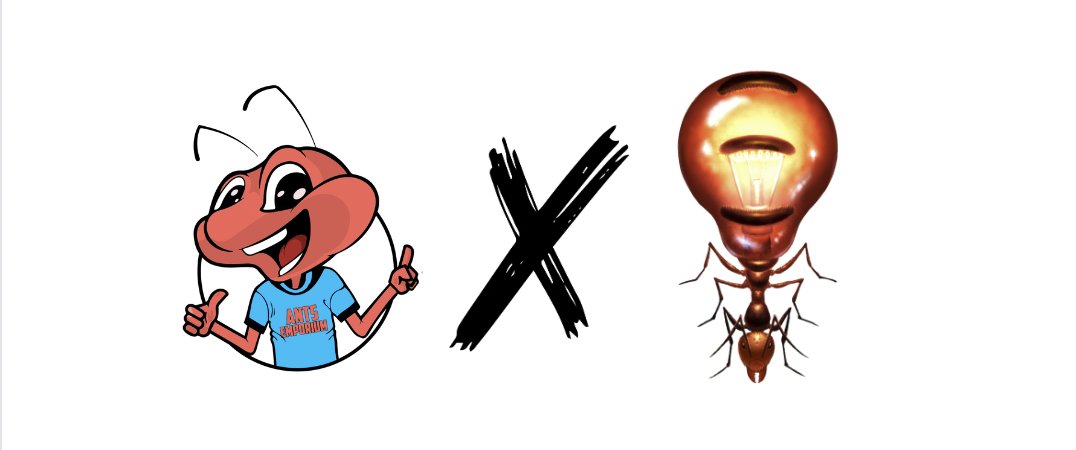
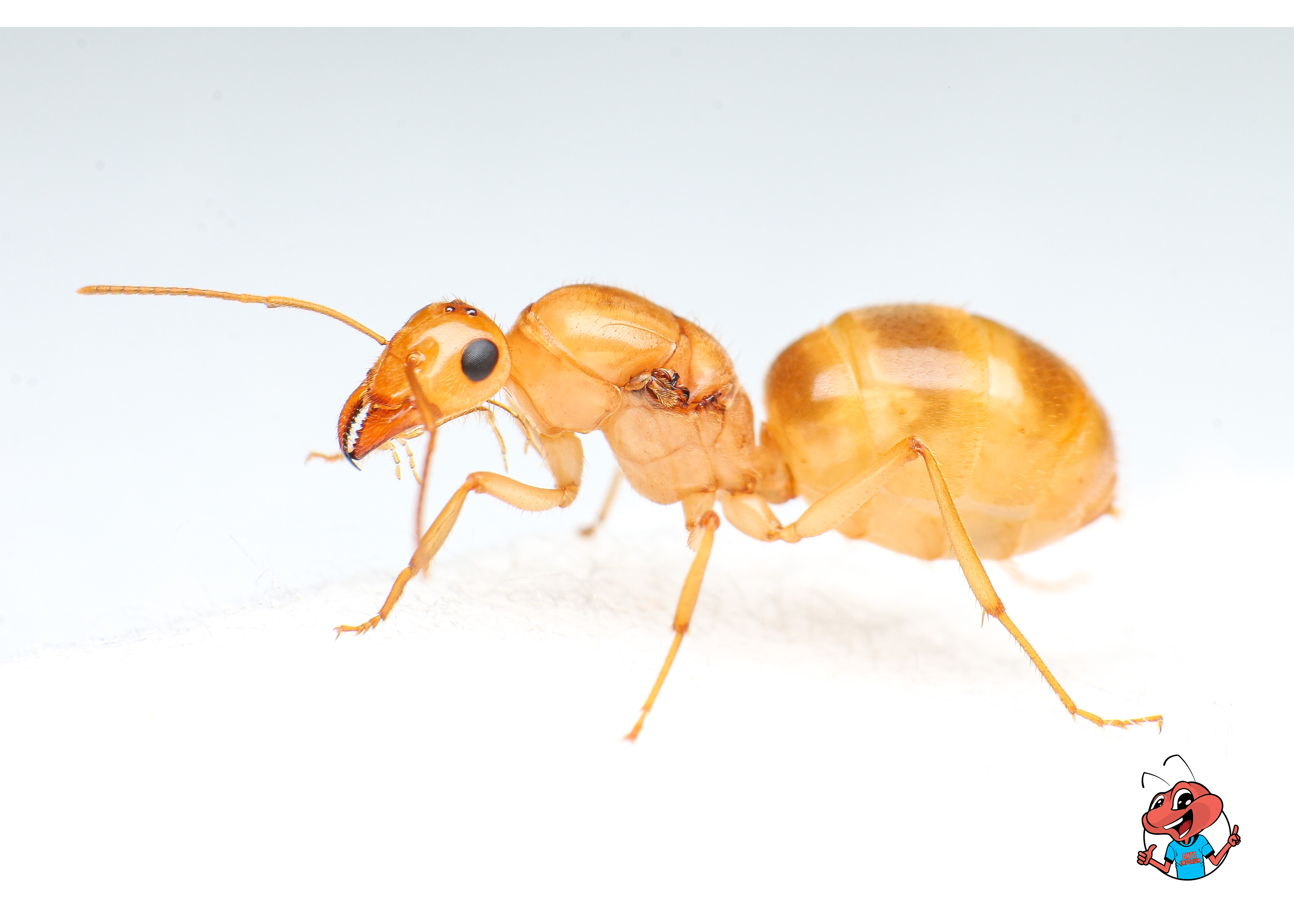
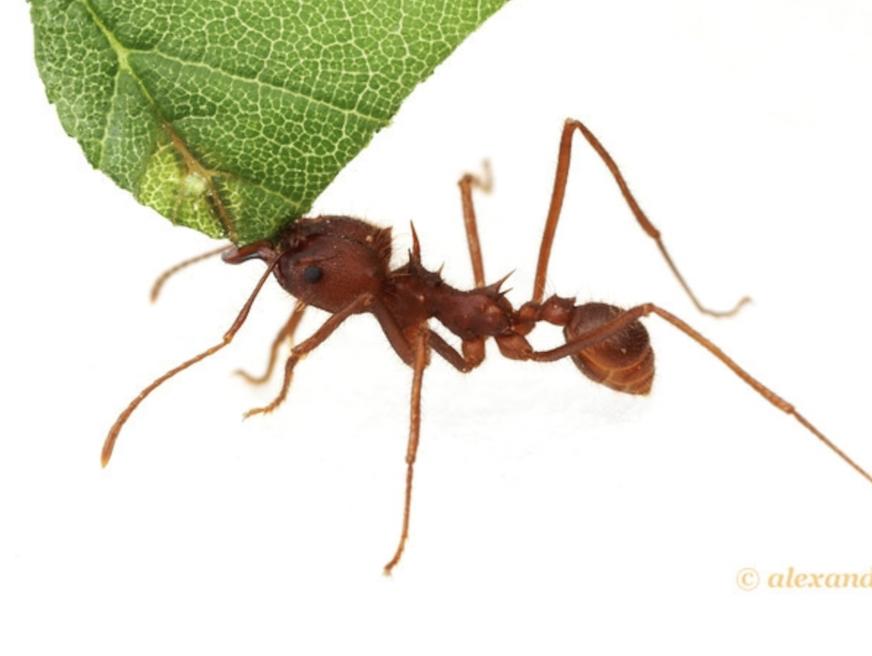
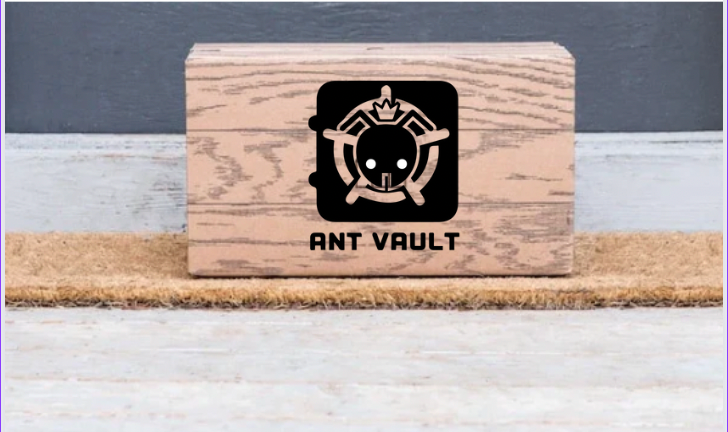


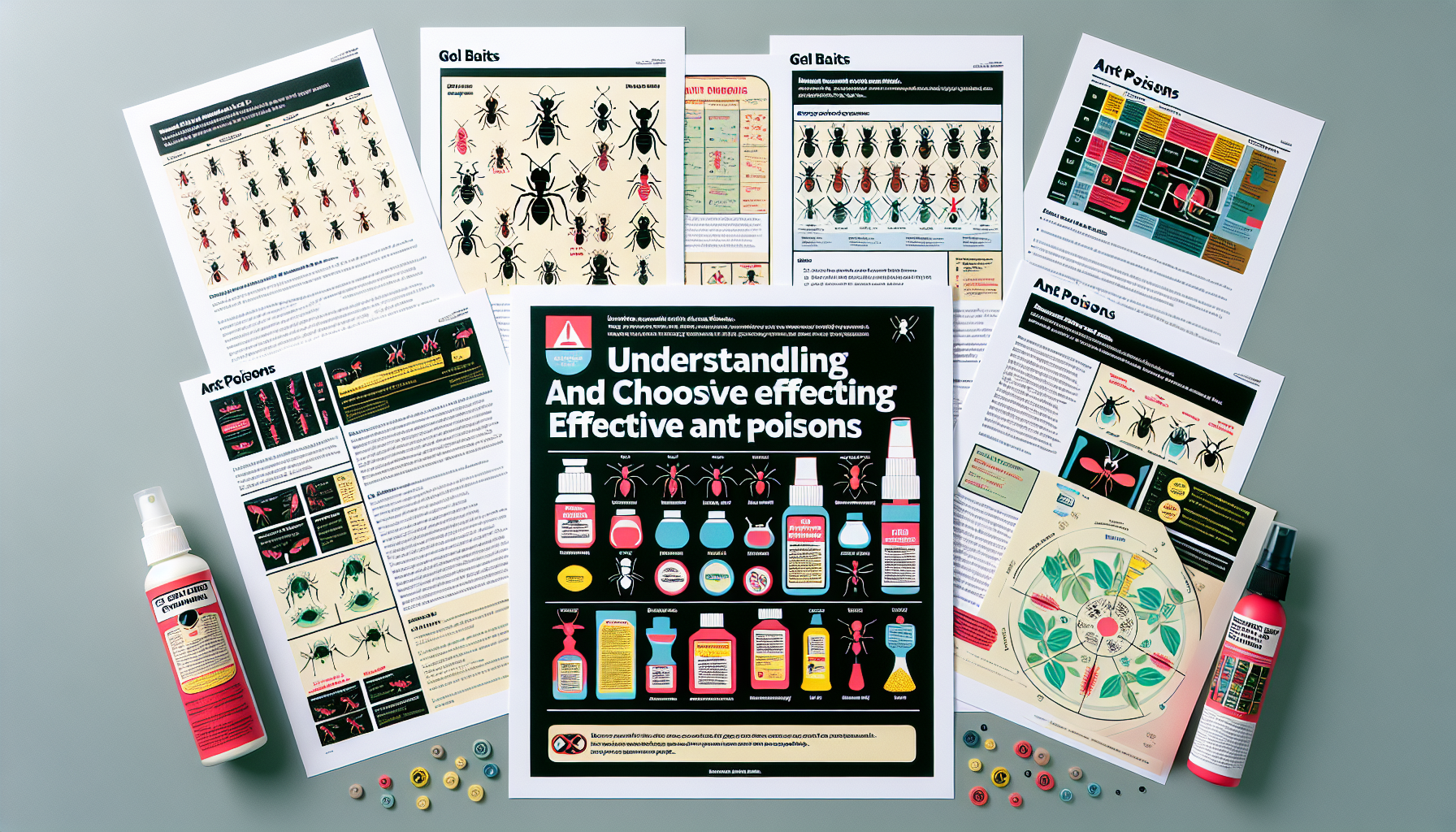
Leave a comment